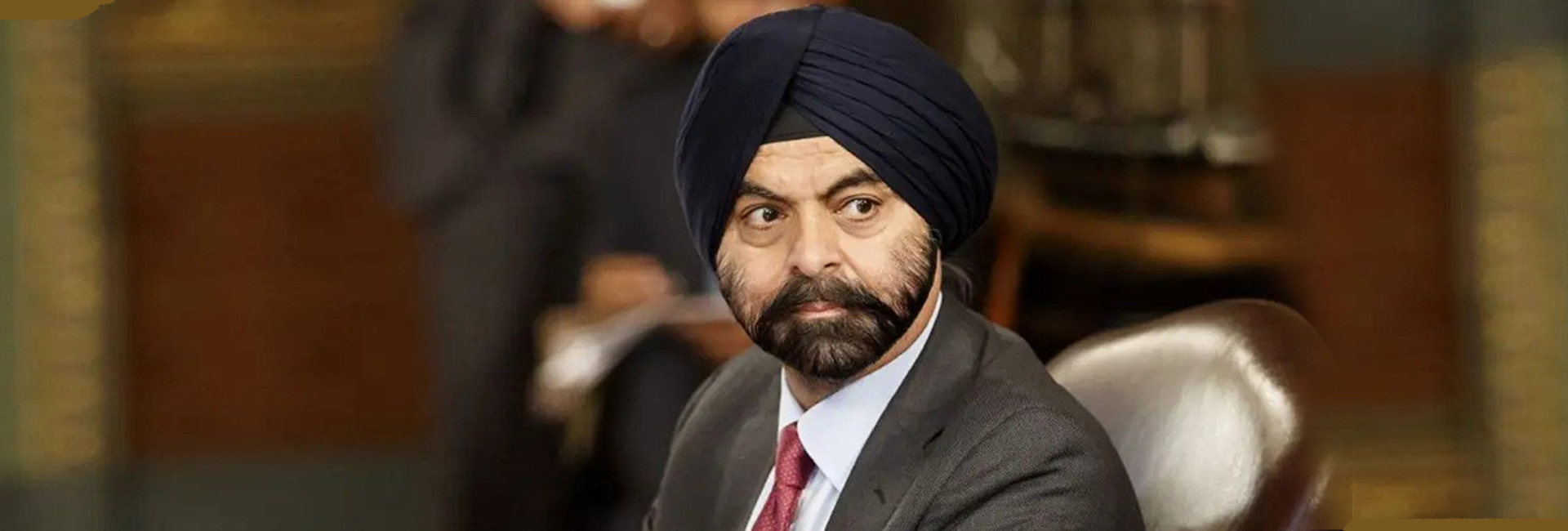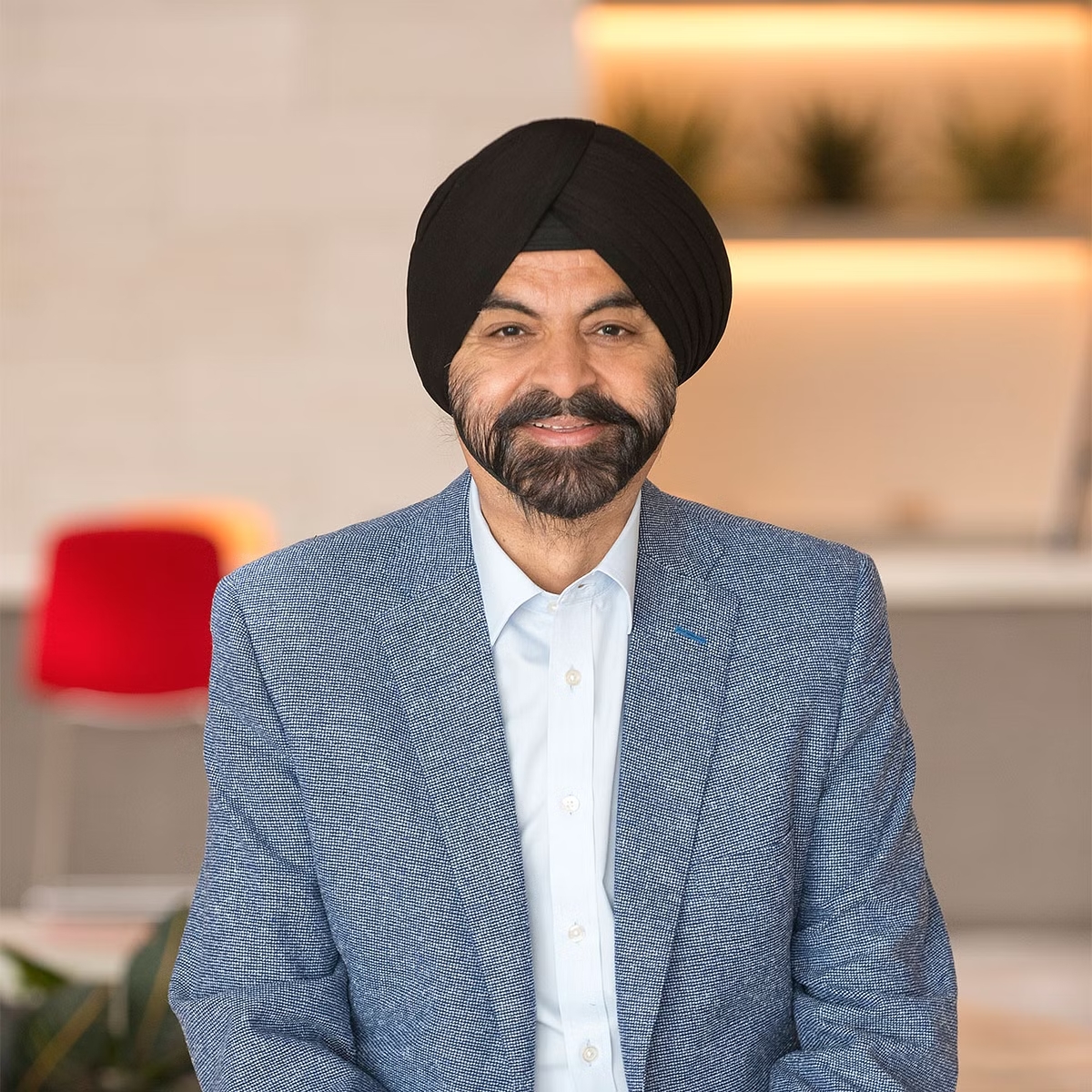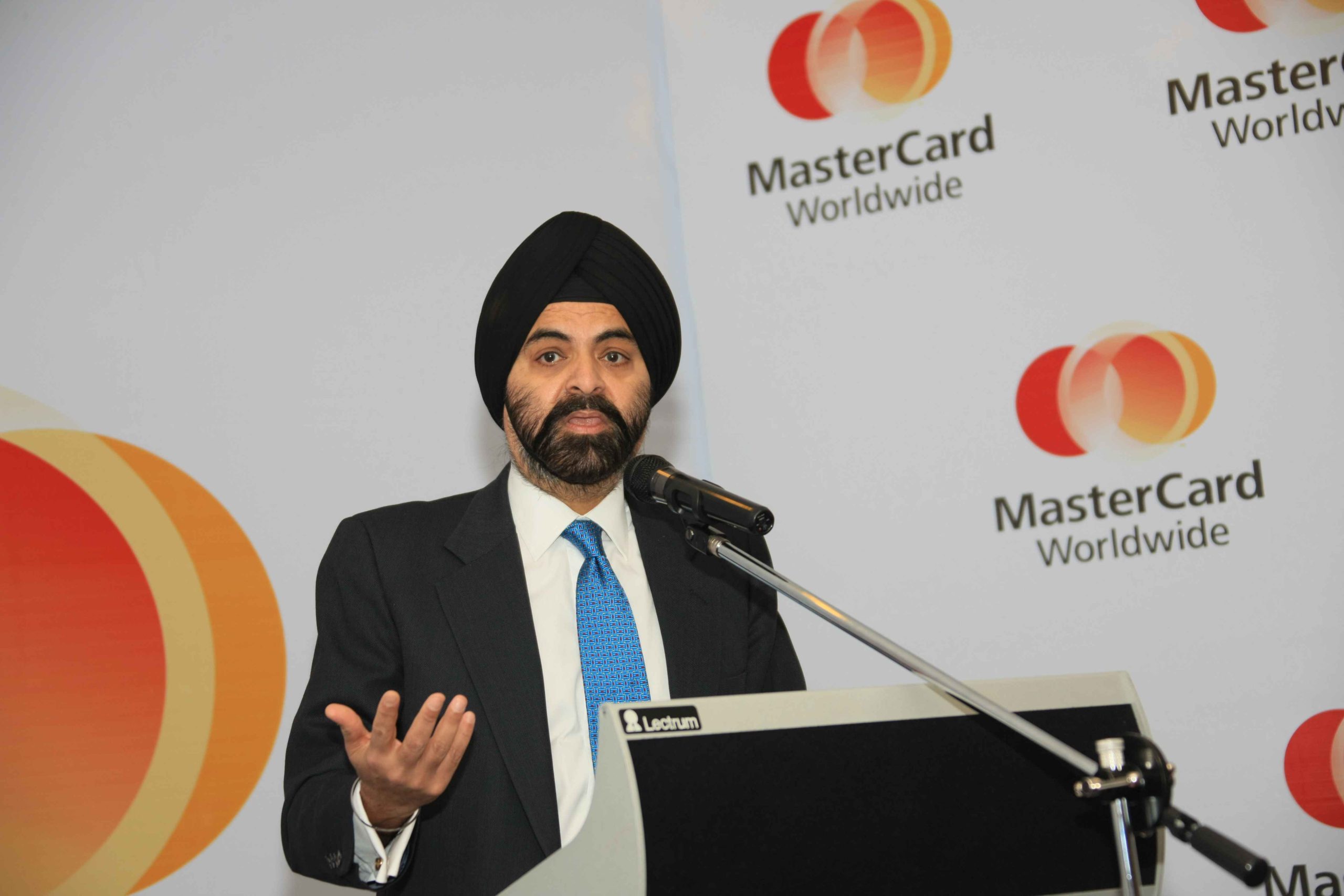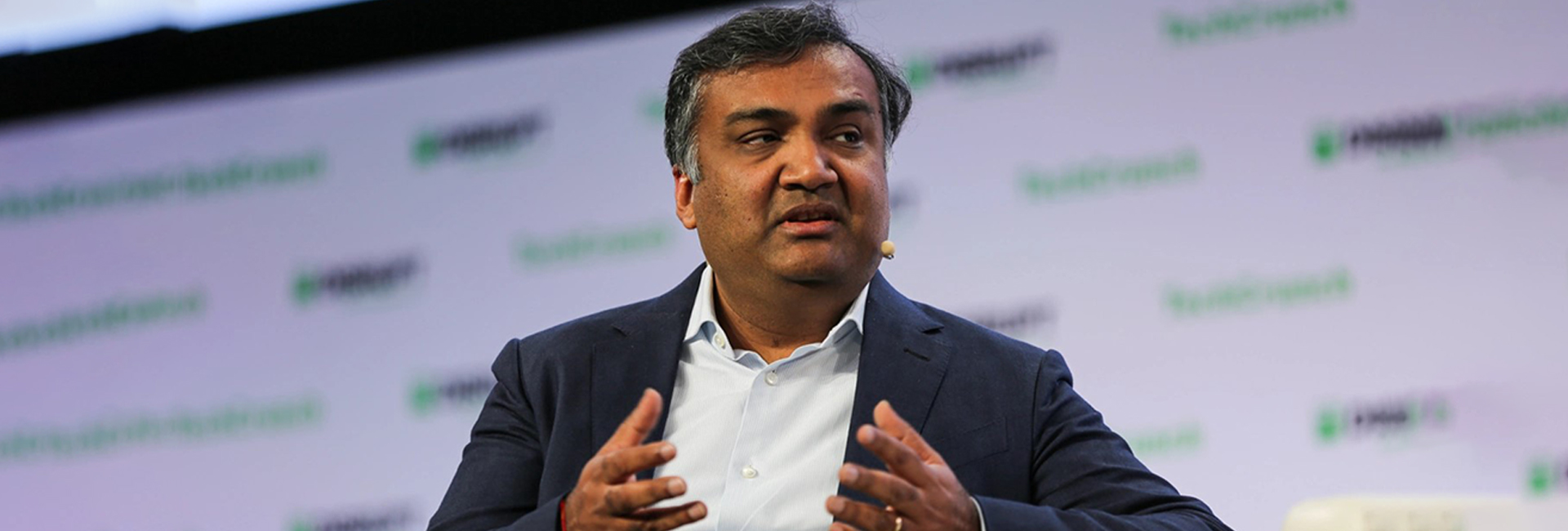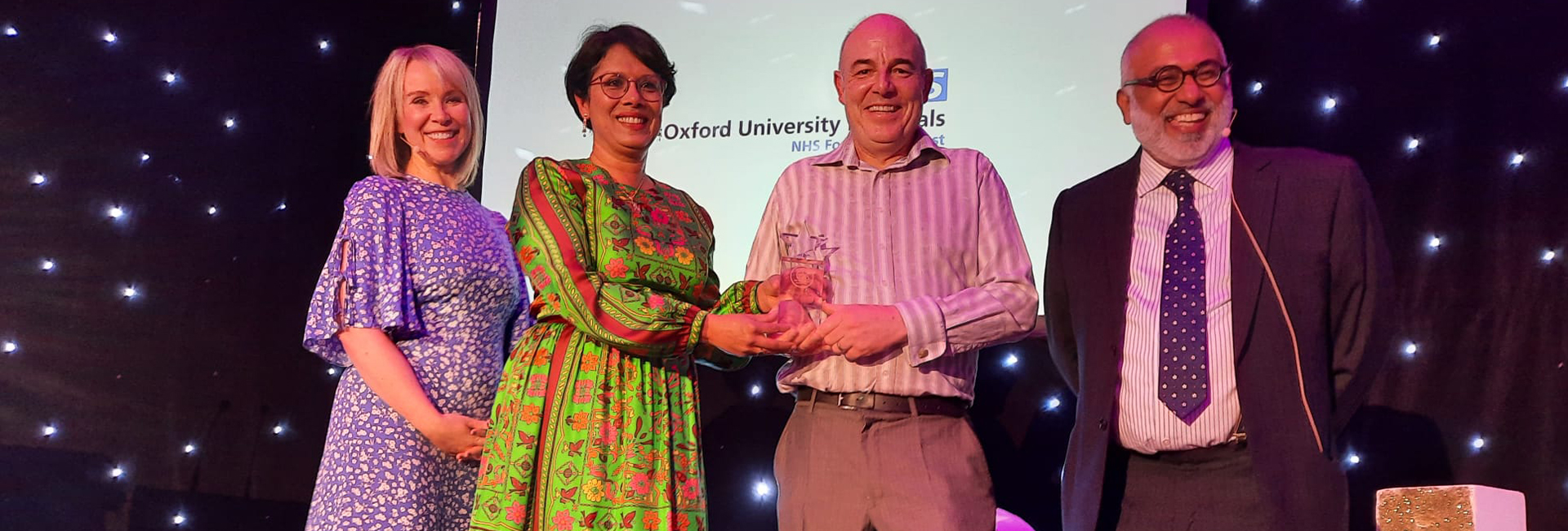(February 28, 2023) Just about two years ago, when the world first encountered the COVID-19 pandemic, and various business houses panicked about their future, the then-CEO of Mastercard made an announcement that shook the market. Assuring the company’s 19,000 employees, Ajaypal Singh Banga said that he wouldn’t lay off a single employee and no one needed to worry about any kind of salary cuts during the economic crisis that had hit the world. Sure enough, the top business executive kept his promise, having almost tripled the Mastercard revenue in the 10 years that he led the company. And now, after successfully leading several corporates, Ajay Banga is in the race to lead one of the biggest global financial institutions – the World Bank.
In the wake of David Malpass’s announcement of resignation from the World Bank (WB) last week, US President Joe Biden has nominated Ajaypal Singh Banga to lead the institution. Being the largest shareholder in the WB Group, the US president traditionally nominates its president, who is later screened for the presidency by the board of Executive Directors of the group. As the Indian-American business executive gears up to lead the World Bank, Global Indian takes a look at his glorious 40-year-long career.
An eagle flight
Born to an Indian army officer, in Khadki cantonment, the business executive is the younger brother of Manvinder “Vindi” Singh Banga, the senior partner at the private equity fund Clayton, Dubilier & Rice. Growing up in various parts of India, the business executive shared that he learned a lot about adaptability and managing people. “I grew up moving from city to city. Adults find it hard to move, but kids don’t. Moving frequently makes you flexible, quick to make friends, quick to adjust and adapt, and allows you to glide between cultures and people. Different parts of India have completely different cultures. The North is completely different from the East and the West. This is completely different than even in the South,” he said, adding, “The one thing it did for me more than anything else was this easy adaptability, the willingness to adjust, and the willingness to just fit in, I think it’s helped me in all my life.”

Mr. Banga with former President of India, Dr Pranab Mukherjee
Having studied in some of the finest schools in the country, including St. Edward’s School, Shimla and Hyderabad Public School, Ajaypal Singh Banga went on to graduate with a Bachelor of Arts (Honours) degree in Economics from St. Stephen’s College, Delhi, and later pursued an MBA from the Indian Institute of Management, Ahmedabad. Soon after finishing his studies, Mr. Banga started his career with Nestlé in 1981, where he worked for 13 years before moving to PepsiCo.
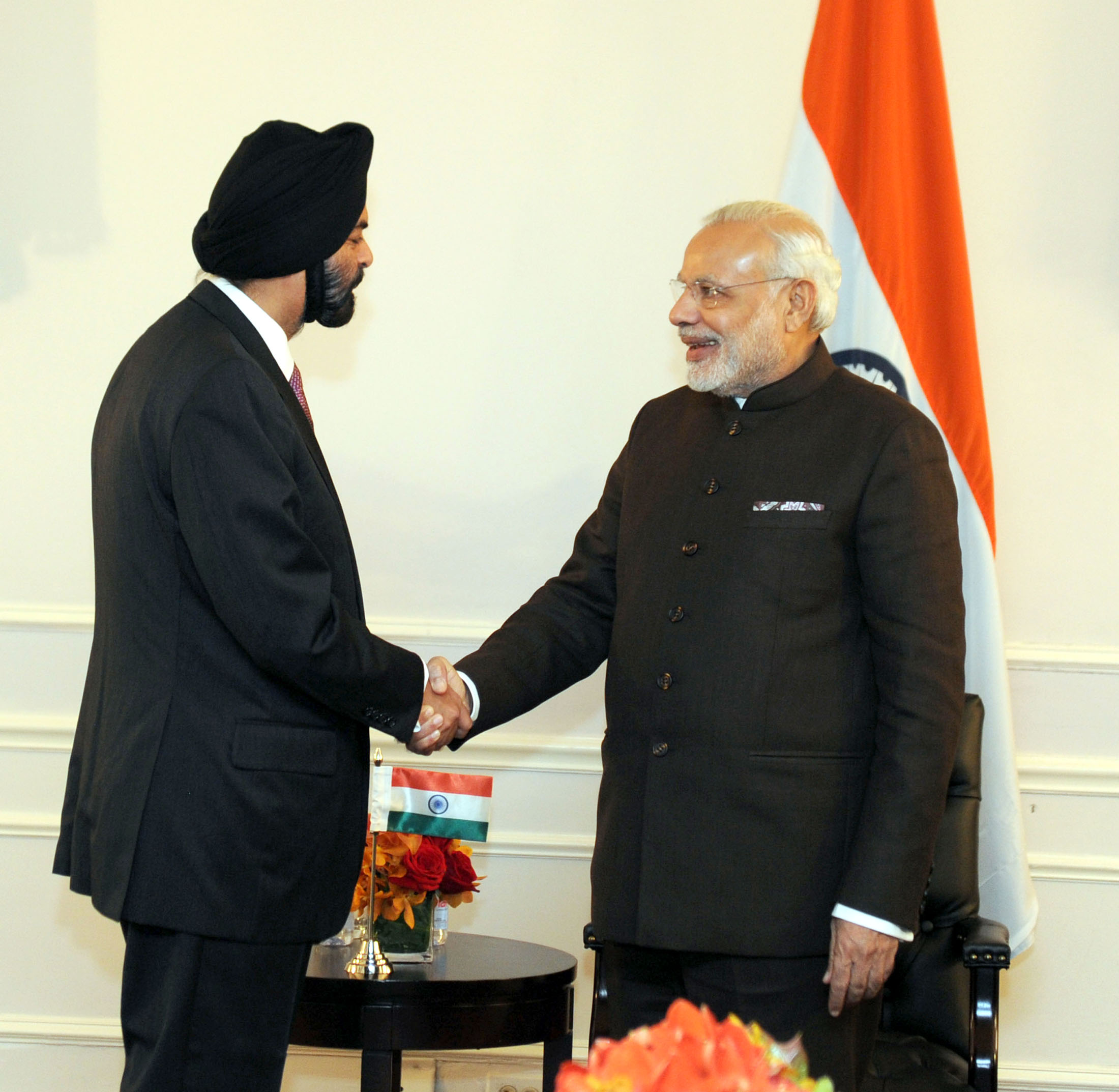
Prime Minister, Narendra Modi met Ajay Banga, in New York
“When I was a young manager in India, infrastructure was relatively poor. Labour relations were challenged. Phone lines were awful. You couldn’t get through to people or distributors. If you were waiting for baby food trucks to reach you, it wasn’t that you knew they would arrive in three days; it could take nine days. So that idea of knowing how to deal with ambiguity, of knowing how to deal with that form of unpredictability, it’s the way I’m trained to think,” shared the business executive, adding, “The idea of taking thoughtful risks came from that environment. And having the sense of urgency to make that decision and take that risk without knowing everything, but having had the patience at the same time to listen to people who know more than you — that is an interesting balance.”
The land of opportunities
In 1996, Ajaypal Singh Banga moved to the United States while working for PepsiCo and handled various roles during his tenure, including CEO of the company’s operations in India and Southeast Asia. While the business executive was still settling in his role, a grave terrorist attack on the USA shook the world and in its aftermath, Banga too had to endure discrimination. “Post-9/11, I have been accosted by people on the street and called names. I’ve been taken aside randomly for searching at every T.S.A. checkpoint. I get that. But again, you can be pissed off about it, or you can realize that this is people trying to do their job. They’re trying to keep me safe as well as you. But I’m not resentful,” he shared during an interview.
The business executive was naturalised as a US citizen in 2007. And soon after that, he became the CEO of Mastercard, and also a member of its board of directors. When he took over the company, Mastercard wasn’t in great shape. Instead of giving quarterly earnings guidance to the company’s investors, Banga offered them a rolling forecast of where Mastercard would be in the next couple of years. “I told my investors, you should expect to see over the next three years is growing at an average growth rate of this to this, this range, within average profitability of this to this, this range. And I’m not going to make other commitments to you. I’m going to run my company. I want to grow revenue, not maximise my profitability,” he shared. Almost all his strategies worked out and soon enough Mastercard stocks soared by more than 1,000 percent during his tenure, outperforming competitors Visa and American Express.
Realising his potential in leading a financial institution, the former US President appointed Banga to serve as a member of the President’s Advisory Committee for Trade Policy and Negotiation in 2015. The business executive was also elected as the chairman of the International Chamber of Commerce (ICC) succeeding Paul Polman.
The road ahead
While the nominations for the next President of the World Bank are still under discussion, members of the US government seem quite sure that Banga is well-equipped to take the lead of the financial institution. Sharing that they are very confident of his selection, US Treasury Secretary Janet Yellen said, “This is somebody who grew up in emerging markets, spent most of his career working in Africa, the Middle East, Asia, really deeply understands and has lived in countries that face development challenges.”
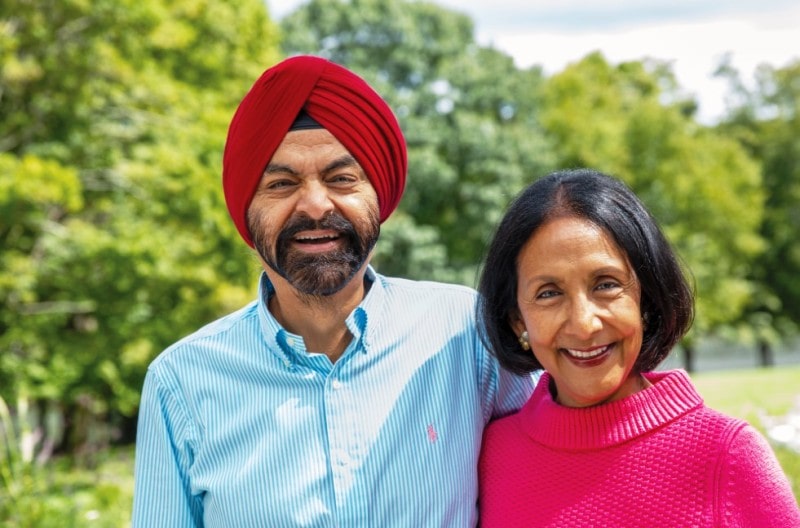
Mr. Banga with his wife, Ritu
If selected, the business executive is sure to face a tough slate of issues around the institution’s finances and capital structure from the start – thorny problems he must address as he reshapes the bank into a force for combating climate change on top of its traditional role as a poverty fighter. “We feel that Banga is an individual who has a better chance of being able to accomplish that than anyone else I can honestly think of,” Yellen said during the press conference.
Read a similar story of Natasha Zarine, took the charge for Sustainable Waste Management and River Restoration.

